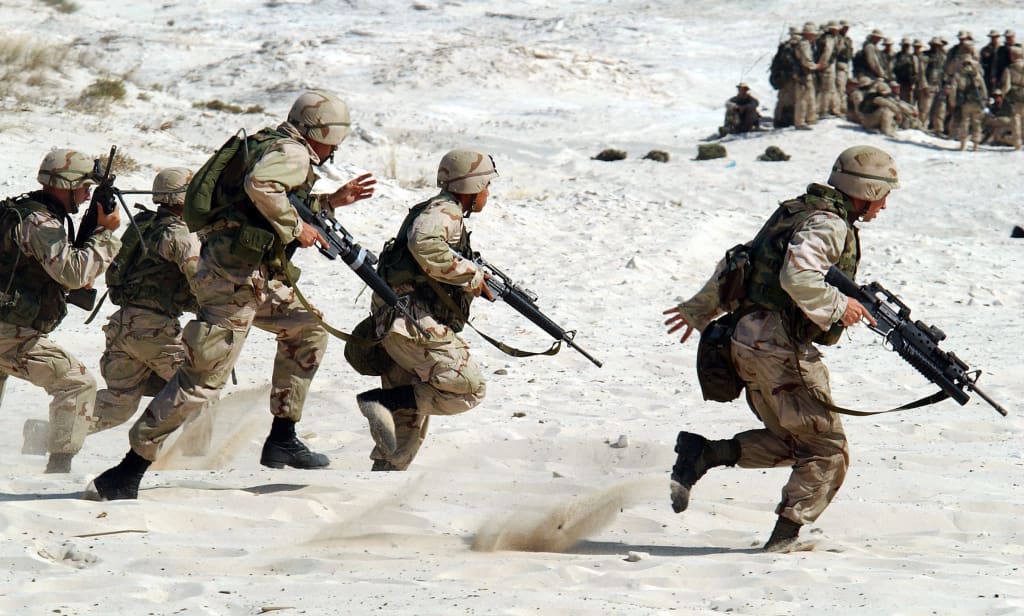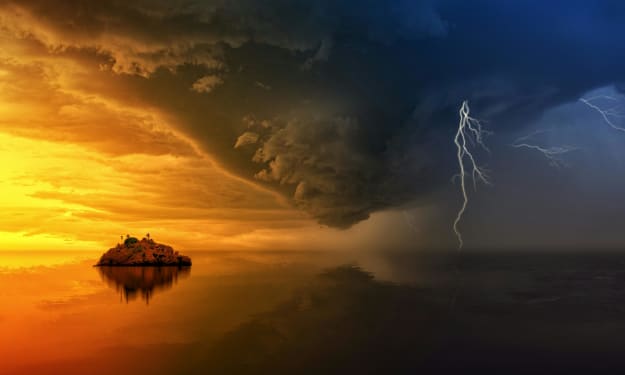The Second World War: A Time of Tragedy and Resilience
How the War Shaped the Course of History and Continues to Impact Society Today

During the Second World War, Europe was a battleground, with countries vying for power and control. It was a time of great upheaval and uncertainty, with millions of people displaced and countless lives lost.
One of the most significant events of the war was the invasion of Normandy, also known as D-Day. On June 6, 1944, Allied forces landed on the beaches of Normandy in an attempt to liberate France from German occupation. It was a risky and ambitious plan, but it ultimately succeeded, leading to the eventual defeat of the Nazis.
However, the war was not without its tragedies. One of the most devastating events was the Holocaust, in which six million Jews were systematically murdered by the Nazis. The Holocaust remains one of the darkest chapters in human history, a testament to the depths of cruelty and evil that humanity is capable of.
As the war raged on, civilians in Europe faced great hardships. Cities were bombed and destroyed, food and supplies were scarce, and many people were forced to flee their homes in search of safety. In England, the Blitz was a particularly difficult time, with London being bombed for 76 consecutive nights.
Despite the horrors of war, there were also moments of courage and heroism. The French Resistance, for example, was a group of civilians who worked to undermine the Nazi occupation of France. They carried out acts of sabotage and espionage, risking their lives to protect their country and its people.
In the Pacific, the war took a different turn, with the United States and Japan engaging in fierce naval battles. The Battle of Midway, which took place in June 1942, was a turning point in the war, with the US successfully defeating the Japanese navy and gaining a strategic advantage.
The war also had a profound impact on the home front, with women and minorities taking on new roles and responsibilities. Women took on factory jobs and worked in other traditionally male-dominated fields, while African Americans and other minorities served in the military and contributed to the war effort.
In 1945, the war finally came to an end, with Germany and Japan surrendering to Allied forces. The war had exacted a heavy toll, with millions of lives lost and countless others forever changed. However, it also marked a turning point in history, with the defeat of fascism and the beginning of a new era of global cooperation and diplomacy.
In conclusion, the Second World War was a time of great upheaval and tragedy, but also of courage and resilience. It tested the limits of human endurance and revealed the best and worst aspects of humanity. Its legacy continues to shape the world we live in today, a reminder of the need for peace and cooperation in an often turbulent and uncertain world.
The aftermath of the war brought about significant changes across the world. Europe was left in ruins, with many countries struggling to rebuild and recover from the devastation. The United States emerged as a superpower, with its economy booming and its military might unrivaled. The war also led to the formation of the United Nations, a global organization committed to promoting peace and cooperation among nations.
However, the end of the war did not mean an end to conflict and division. The Cold War, which began soon after the end of World War II, was a period of intense geopolitical tension between the United States and the Soviet Union. It was characterized by a nuclear arms race, proxy wars, and a deep ideological divide between the two superpowers.
The legacy of the Second World War also continues to impact society today. The Holocaust remains a stark reminder of the dangers of racism and prejudice, while the war itself serves as a warning against the dangers of nationalism and militarism. It also serves as a reminder of the importance of international cooperation and diplomacy in resolving conflicts and promoting peace.
In conclusion, the Second World War was a defining moment in world history, a time of great tragedy and upheaval, but also of resilience and courage. It tested the limits of human endurance and revealed the best and worst aspects of humanity. Its legacy continues to shape the world we live in today, reminding us of the importance of working together to build a better future.





Comments
There are no comments for this story
Be the first to respond and start the conversation.